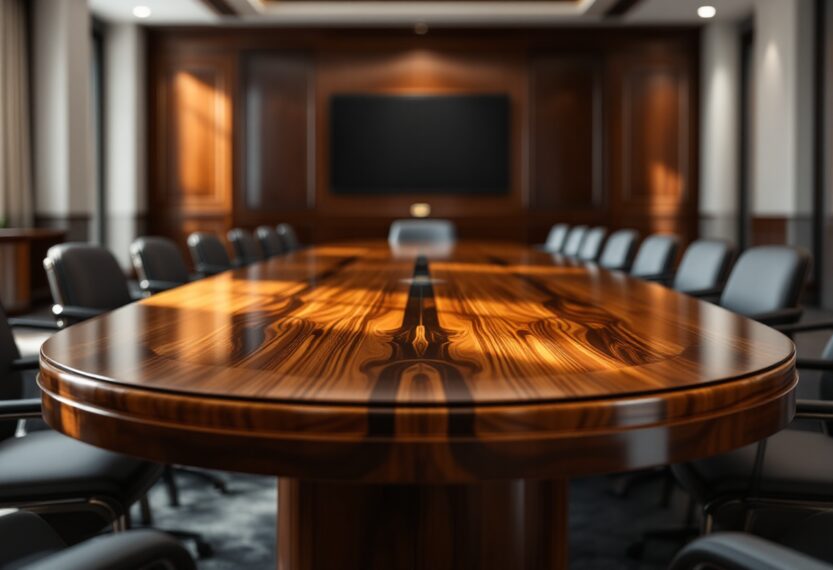In the wake of Donald Trump’s administration, the relationship between the White House and the media has undergone significant transformations. The recent decision to alter the traditional role of the White House Correspondents’ Association (WHCA) in determining the daily press pool has sparked intense debate about press freedom and government influence. This move, framed as a way to ‘give power back to the people,’ raises critical questions about the independence of the press and its ability to hold the government accountable.
Press freedom under scrutiny
Jacqui Heinrich, a senior White House correspondent for Fox News and a board member of the WHCA, has been vocal about the implications of this shift. She argues that the administration’s actions do not empower the public but rather consolidate power within the White House. In her view, an independent press should be able to organize its own coverage without governmental interference. This sentiment echoes a broader concern among journalists about the potential for future administrations to exploit similar changes to limit press access based on coverage that aligns with their interests.
The role of the WHCA
Founded in 1914, the WHCA has long advocated for media access to the presidency, ensuring that journalists can report on government actions without undue influence. Heinrich emphasizes that the WHCA has always welcomed diverse voices and has never restricted membership. The recent accusations from the Trump administration that the WHCA is limiting access have been met with skepticism from many in the media. The concern is that if the government can dictate who covers the president, it undermines the very foundation of a free press.
Implications for democracy
The implications of these changes extend beyond the immediate landscape of political reporting. As Heinrich points out, the pendulum of power can swing both ways. What may seem like a beneficial change for one administration could easily be weaponized by another, potentially leading to a media landscape where access is contingent upon favorable coverage. This scenario poses a significant threat to democratic principles, as it could result in a press that is less willing to challenge authority for fear of losing access.
As the annual WHCA dinner approaches, the mood among journalists remains one of cautious optimism. While the absence of the president may be felt, the event serves as a reminder of the vital role that journalism plays in a democratic society. Celebrating the importance of press freedom and the work of journalists is crucial, regardless of the political climate. The ongoing dialogue about press access and government influence will undoubtedly shape the future of journalism in America.

